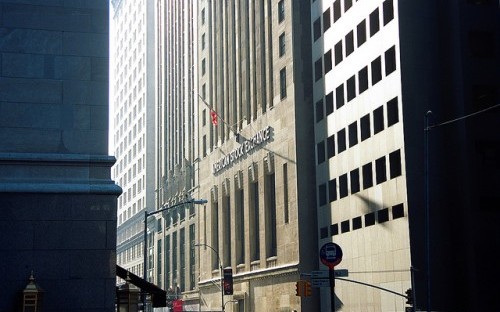Talking to him, you might believe that the modern era of instant communication and international trade had eroded the cultural barriers to business. But, as Hara explains, the major challenge for the business schools of the 21st Century is making their students multi-lingual, in understanding how different cultures operate and do business.
He explains this with reference to the two cultures he knows best: Japan, his country of origin, and the United States, where he has spent much of his life. “On the US side, they are quite aggressive, and when they make a decision they like to go for it right away,” he tells me, “On the Japan side, it takes a lot longer to reach a decision, there has to be consensus.
“Meetings in Japan are often about arranging that which has already been agreed on. Meetings in the United States have a very different purpose, and a lot of American businesses struggle to do business in Japan for that reason.”
As he explains, each nation’s business culture is the product of centuries of history and development. While France, the home of his business school, Grenoble, has a more hierarchical system (“there is a lot left implicit in French negotiations,” Hara says); others, such as the US or the UK, prefer a more individualistic way of doing business.
Over time, even outsiders can quickly become a part of a country’s business culture. “In Japan, there is a saying,” Hara says, “The nail that sticks out gets hammered down. [Companies and nations] do quite well to make you part of the unit after a while.”
To hold onto individuality and be mindful of others are lessons that Hara says he owes to Grenoble. “Attending a European b-school, there’s a lot more diversity in terms of the class mix,” he says, “You have to be open to accepting different cultures and different ways of communicating, otherwise you’re sunk.”
As businesses grow more dependent upon each other, regardless of national borders, they’ll need more managers who can operate across borders. Hara is convinced that business schools are a great place to find them.
RECAPTHA :
75
15
22
33







